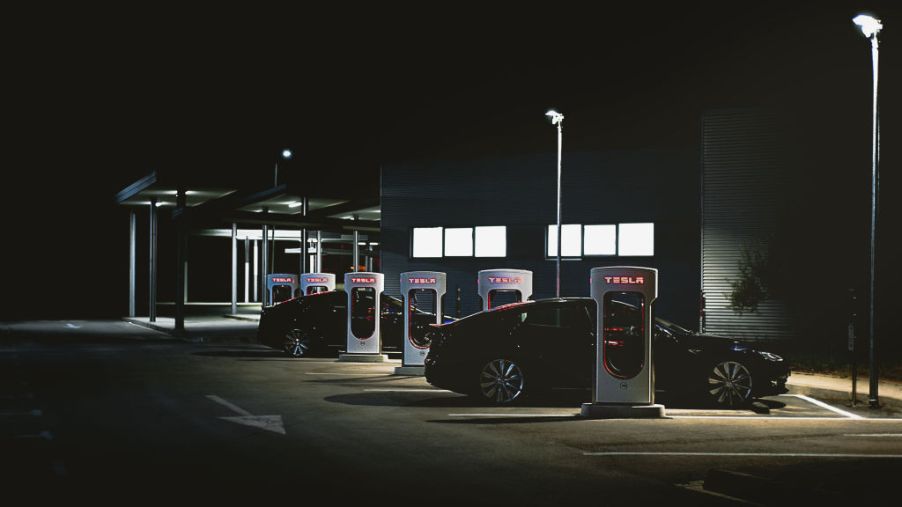
Almost Every EV Manufacturer Is Having Huge Problems Except One
More and more manufacturers sliding into electric vehicle production are finding it’s not easy. Just last week, Mercedes announced it was delaying its EQC SUV for almost one year. It says it’s strategic to help it fill European demand. But this has been the same story for quite a few EV manufacturers. Debuts keep getting moved later, with recalls within weeks or months of some debuts, and running changes tend to be the norm. Here’s a rundown of what’s happening in Electric LadyLand.
So, the Mercedes EQC has been delayed, but maybe Mercedes has been looking at the sales of similar EV products from rivals Jaguar and Audi. Oh, and Tesla. The Jaguar I-Pace SUV, a critic’s favorite, sold 2,418 I-Pace units in 2019 through November. The Audi e-Tron has only done a bit better selling 4,623 vehicles through November 2019.
The Tesla Model 3 is the best-selling EV in the US

For comparison, Tesla sold 13,725 Model X SUVs through September in the US. It also says the Tesla Model 3 sedan, which is currently the best-selling EV in the US, has sold 111,650 vehicles through September.
Then there’s Nio. It’s the Chinese EV manufacturer finding it hard to wean itself off of reduced government subsidies, navigate the trade war between China and the US, and finally the downturn in demand in China. It recently laid off 2,000 workers and is dumping non-core businesses.
Audi is finding there are numerous problems to deal with for its e-Tron EV. These include downplaying its most recent recall. Battery fires were frequent enough that it has recalled over one-half of all e-Trons that landed on US shores. The EV had only been launched in April.
June was a lousy month for Jaguar and its I-Pace problems

Jaguar had a lousy June for I-Pace issues. Regenerative braking was causing delays in braking and decelerating causing a loss or delay in brakes. The result was a series of crashes.
Then there’s the ongoing problem of excessive discrepancies between advertised range and actual range. Most I-Pace SUVs have made their way back to the local Jaguar dealers for reprogramming and software patches. In many cases, the range is still not near the advertised 300 miles.
There have been few EV successes, but there are some

In spite of these major hiccups, there are still some successes. The Nissan Leaf continues to sell well in the US and will see over 30,000 sales this year. Being the first all-electric vehicle sold in the US it received a major refresh in 2017. With the optional larger battery pack Leaf owners can see 226 miles of range.
The Kia Niro is doing well having sold 22,183 units through November. The similar Hyundai Ioniq is keeping pace at 18,410 units. So, at first blush, it would seem that the smaller the vehicle the better the sales and fewer problems arise. Or maybe it’s just new vehicle blues.
An equity research paper released by Jeffries says Tesla is the only company not experiencing the problems of its competitors. Companies like Ford and Volkswagen are spending massive amounts of capital just to get into the electric parade while Tesla will see both market growth and earnings possibly through 2020.
With the Leaf debut in 2010, we wonder where Nissan would be if it built on that success?
With Nissan having a jumpstart on them all with the Leaf, introduced in 2010, you wonder how much better the company would be doing if it had built off of its technology and success to do similar models to Tesla. Nissan is having record losses and has battened down the hatches in an attempt to stop the red ink from flowing. Executive travel is being curtailed, and all employees are having a couple of days of time-off imposed without pay in January 2020.
So, while the Leaf has been a bright spot for Nissan, the rest of its business has been going to hell. But, we digress. While we are singing the praises of Tesla, keep in mind that it almost went BK a couple of times. The road to Electric LadyLand is just not as easy as it would seem.



